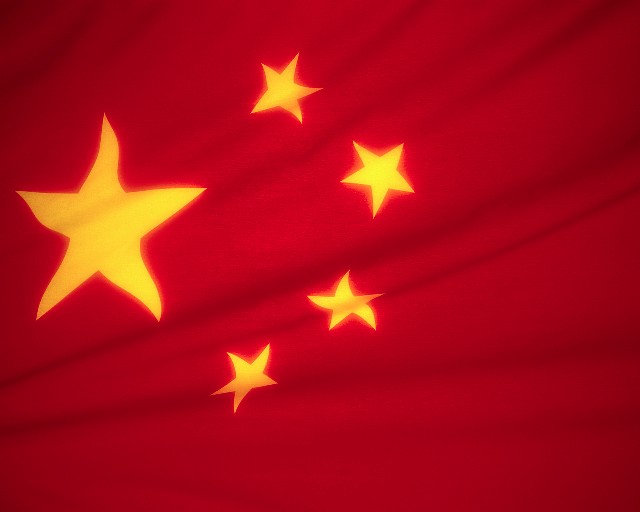
Yesterday it was announced that United Technologies (UTC) and two of its subsidiaries – Pratt & Whitney Canada and Hamilton Sundstrand – have entered into a consent agreement with the U.S. Department of State. The companies will pay $75 million in ITAR violation penalties, to settle a total of 576 separate charges alleging wrongdoing.
According to DDTC’s charging letter, UTC committed various unauthorized exports and transfers of defense articles, as well as the provision of defense services, to a number of countries, including proscribed destinations like China. Among the many charges are allegations that Pratt & Whitney Canada sold electronic engine control software that allowed the Chinese government to develop its Z-10 military attack helicopter. The company exported these engines and software as commercial items, supposedly destined for a commercial variant of this helicopter.
“P&WC exported controlled U.S. technology to China, knowing it would be used in the development of a military attack helicopter in violation of the U.S. arms embargo with China,” said U.S. Attorney David Fein of Connecticut. “P&WC took what it described internally as a ‘calculated risk,’ because it wanted to become the exclusive supplier for a civil helicopter market in China with projected revenues of up to $2 billion.”
The broad categories of ITAR violations charged here include:
- Unauthorized exports and re-exports, resulting from the failure to properly establish jurisdiction over defense articles and technical data;
- Unauthorized exports resulting from the failure to establish proper internal controls over technical data; and
- Failure to properly manage the company’s ITAR agreements with DDTC
Recent cases of ITAR violations seem to point to a growing trend for all companies to evaluate and improve their compliance systems. However, given the multi-billion-dollar Chinese commercial market at stake, some people are wondering if fines like these amount to nothing more than a “slap on the wrist” for U.S. companies.
To be clear: UTC voluntarily disclosed many of these violations, undoubtedly helping its case with the government. And with 576 charges against it, the total penalties could have been much, much higher. What do you think?
Tom Reynolds is the President of Export Solutions, a consultancy firm which specializes in helping companies with import/export compliance.
